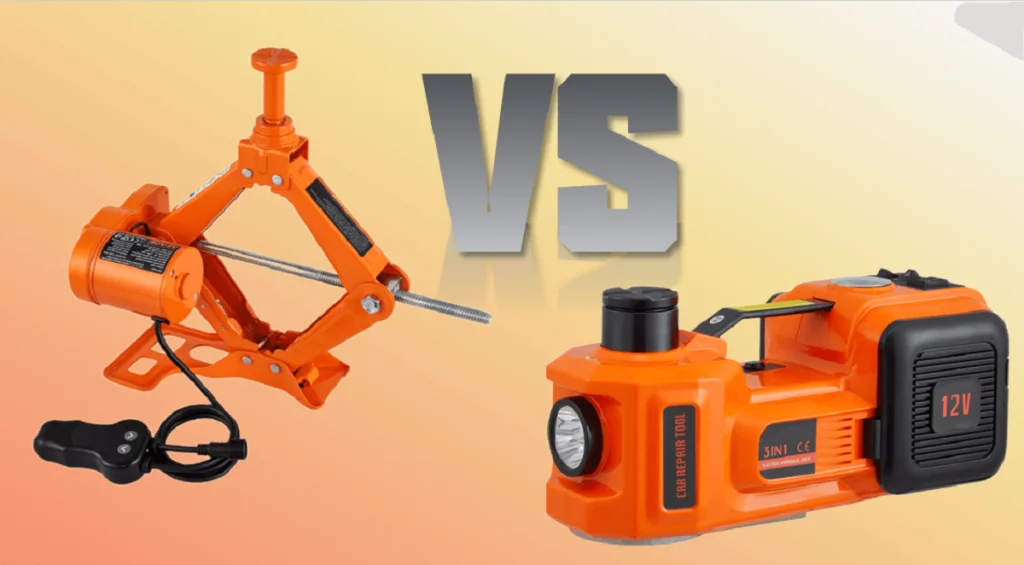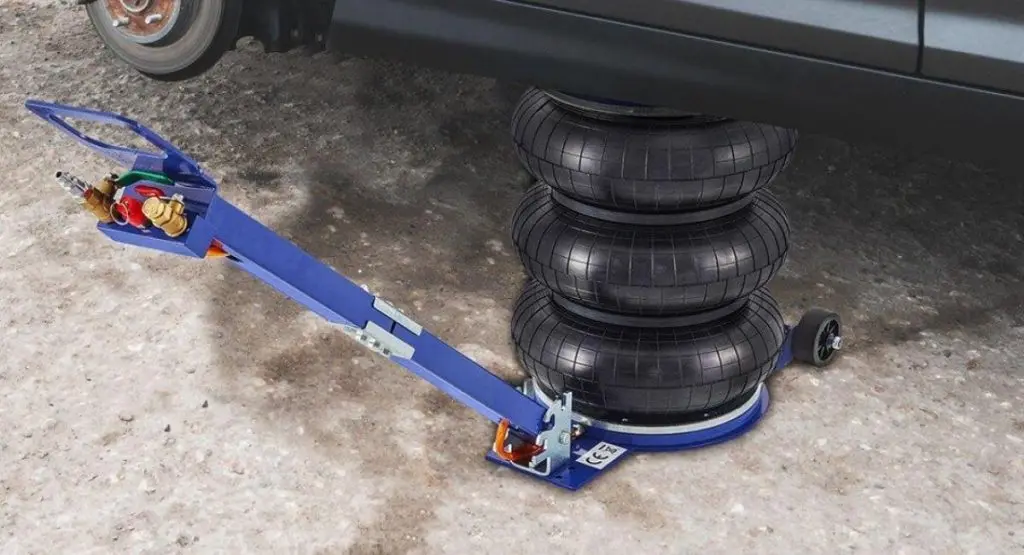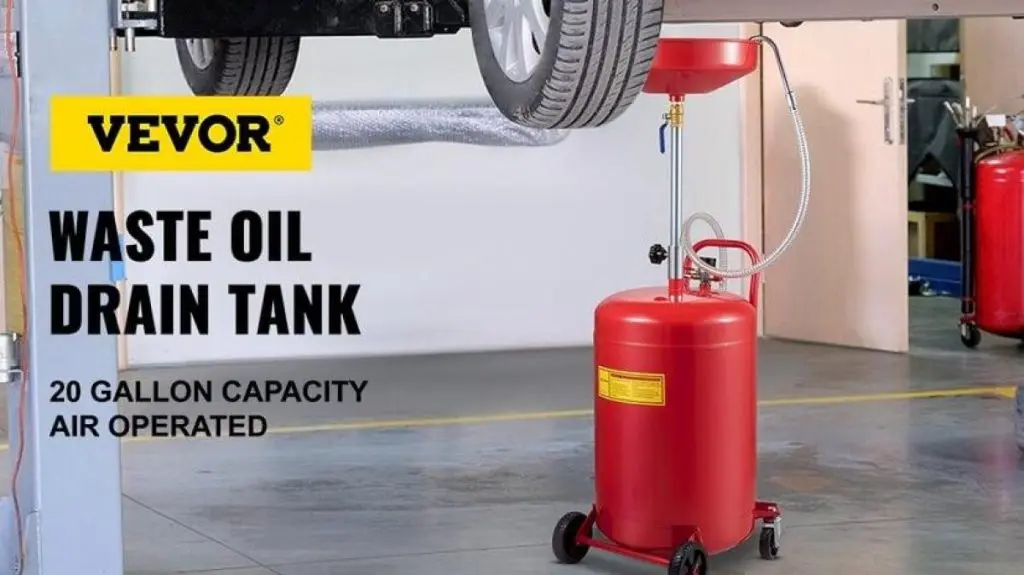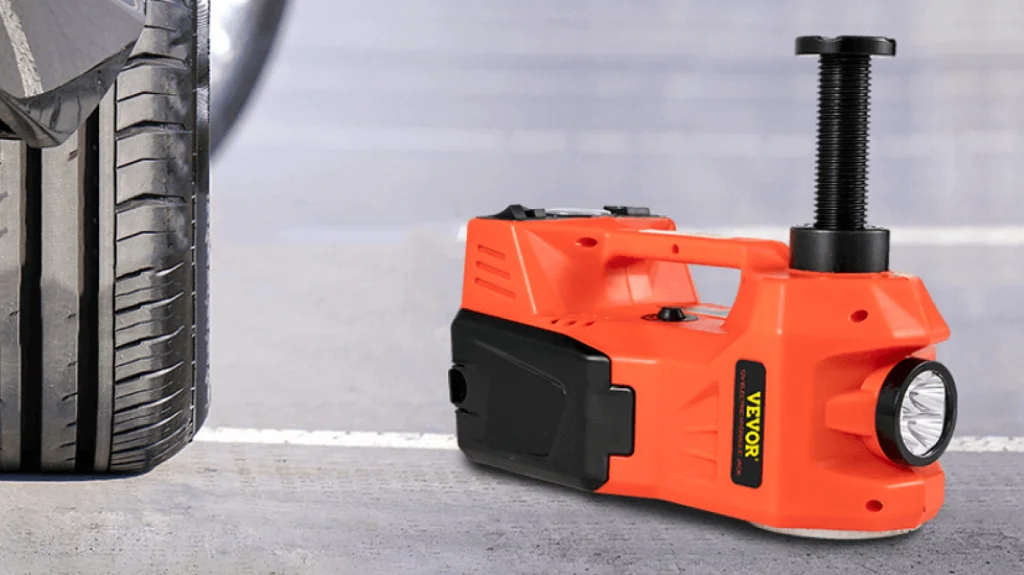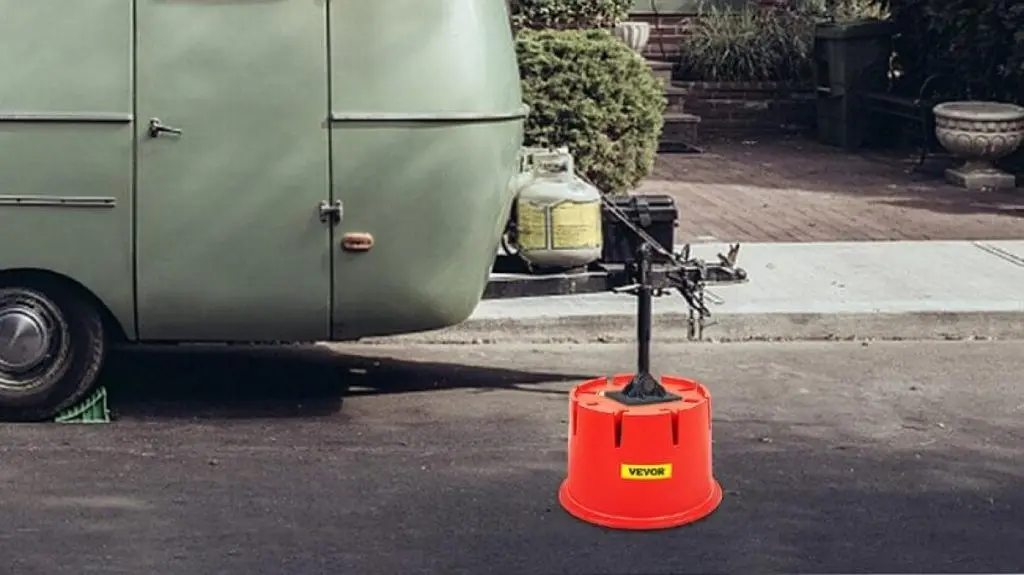Choosing the ideal car jack for vehicle maintenance is vital to ensuring safety and convenience while giving you maximum value for your money. Often, users have to choose between two popular jack types: floor and scissor jacks. This review details the differences and similarities between both types of lift systems. You’ll also find the pros and cons of each type and how to make informed choices on the perfect jack for your machine.
Suppose you need a versatile loft brand with enough features to cater to your needs, we recommend the VEVOR jacks. VEVOR has an excellent range of durable and reliable jack models for every type of lift operation. Meanwhile, VEVOR’s jacks are a rare case study of excellence with amazingly affordable rates that cater to the needs of every buyer class.
Table of contents
Understanding Car Jacks: Scissor Jacks and Floor Jacks
First, we explore each type of jack, detailing their mechanism of operation, merits, and downsides. Here you go.
What is a Scissor Jack?
A scissor jack is a mechanical jack that operates using a lead screw. It’s called a scissor jack because its design is reminiscent of a pair of scissors. Users only have to tighten the screw and fasten the linkages together to hoist an object or loosen the screw to move the linkages apart to lower an object.
Scissor jacks are lightweight and portable, making them ideal for lifting lighter vehicles when changing tires, revamping them, or doing other related tasks.
What is a Floor Jack?
A floor jack is a form of hydraulic jack that helps to raise heavy loads, especially vehicles. It has a horizontal cylinder, a large base, and a lifting pad above it that you can raise or lower with a hydraulic pump.
The hydraulic system drives pressure through the piston within the cylinder to raise the platform. Compared to scissor jacks, floor jacks have a greater lifting capacity (ranging from 2 to 20 tons) and cater to a wider range of lifting heights. Floor jacks are rife among the mechanics in DIY car maintenance operations and factories for lifting heavy machinery and equipment.
Pros and Cons of Scissor Jacks vs. Floor Jacks
While scissor jacks have several benefits for car owners and auto repair professionals, they also have some downsides worth noting. Consider the following advantages and limitations of scissor jacks before finally deciding on the perfect jack type for your lift operations.
Scissor Jack’s Advantages and Limitations
The first benefit of scissor jacks over floor jacks is their extremely small footprint, which makes it easy to carry them around in the trunk. Similarly, they’re more affordable, compared to floor jacks. Scissor jacks are smaller with smaller components and require mechanical or manual usage compared to floor jacks, which makes them cheaper than hydraulic floor jacks. Also, since they’re lightweight and easy to transport, accessing a scissor jack during emergencies is highly practical.
On the other hand, operating a scissor jack requires mechanical exertion, which could be overbearing for some users. It’s also relatively slower to use compared to floor jacks since you have to turn the screw a few times to haul your vehicle, which makes them a little untenable for frequent garage use. Lastly, scissor jacks best fit lighter vehicles and don’t make the perfect choice if you drive a heavy-duty machine.
Floor Jack: Strengths and Weaknesses
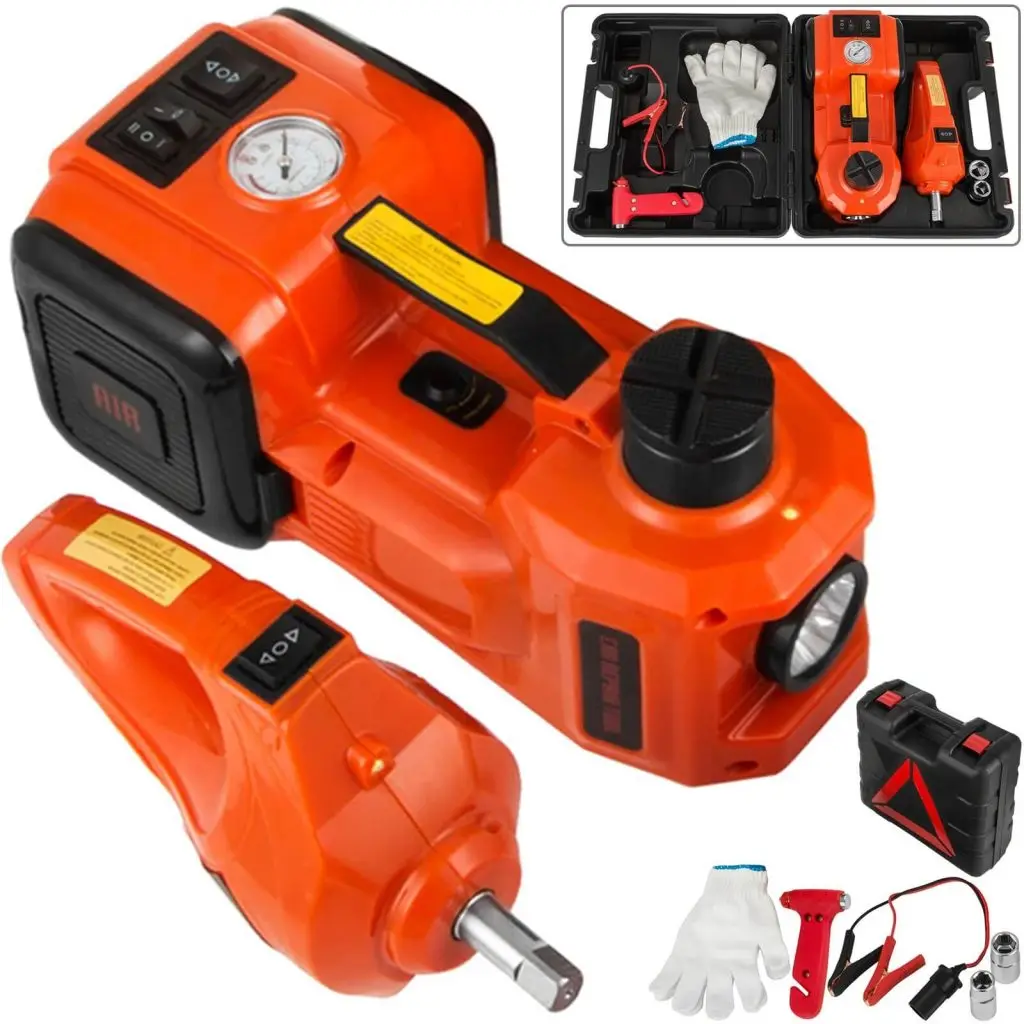
Floor jacks have a higher lifting capacity than scissor jacks (can lift to 20 tons), which makes them able to lift a wide range of vehicles and industrial equipment. Similarly, floor jacks have a broader range of height adjustment and can lift automobiles of higher ground clearances, such as heavier vehicles and industrial machines.
Additionally, floor jacks are easier and quicker to use than scissor jacks. That’s because they have an easily operable hydraulic pump and a quick-release valve for easy lowering. They’re built to last, withstanding heavy-duty materials and regular use.
Critical Considerations for Jack’s Selection
Are you considering purchasing a jack and need to choose between a floor or scissor jack? Here’s a handy guide to help you make an informed choice.
Vehicle Type and Weight
Check your vehicle’s jack points to see if they have specific sizes or shapes. A vehicle with narrow jack points can fare well with a scissor jack. Otherwise, you may consider getting a floor jack.
Also, consider matching your vehicle’s weight with the jack’s specifications. Lighter cars like sedans or smaller rides can make do with a scissor jack. But if you drive something heavier, like an SUV or a truck, consider a hydraulic floor jack.
Choose a jack whose minimum height matches your car’s ground clearance. For instance, a scissor jack best fits a lower clearance car, while a floor jack better suits higher clearance cars.
Intended Use and Versatility
A scissor jack would suffice if you only need a jack for emergency repairs (and have a lighter vehicle). However, floor jacks would make routine maintenance more convenient.
That said, your vehicle may have special requirements or modifications that require specialized floor jacks. For instance, it could have a lowered suspension or better suit off-road use so a scissor jack won’t suffice. In such situations, you want to purchase a specialized floor jack to match your vehicle’s special lift requirements.
Safety Features and Stability
Safety is a priority in all industrial or machine-related domestic activities. That’s why you want to prioritize purchasing a lift with adequate safety features. The average jack from VEVOR sports excellent safety features for versatile operations.
However, some jacks come with additional specialized safety mechanisms like pressure-release mechanisms or valves. Consider prioritizing jacks with specialized safety features and a stable design if you foresee frequent lifting operations.
Price vs. Value: Making an Economical Choice
Price becomes a factor after matching your vehicle’s weight against either option and estimating your intended usage frequency and special security needs. Suppose both choices are still on the cards afterward, a scissor jack is more affordable and economical. Otherwise, the relatively higher price of floor jacks offers sufficient value/cost to keep your car maintenance needs going smoothly over the long run.
Elevating Your Car with VEVOR Car Jacks
Purchase a VEVOR jack, and you can rest assured of patronizing a reputable brand in the industry. VEVOR’s products are renowned for class, excellence, and affordability, regardless of their model.
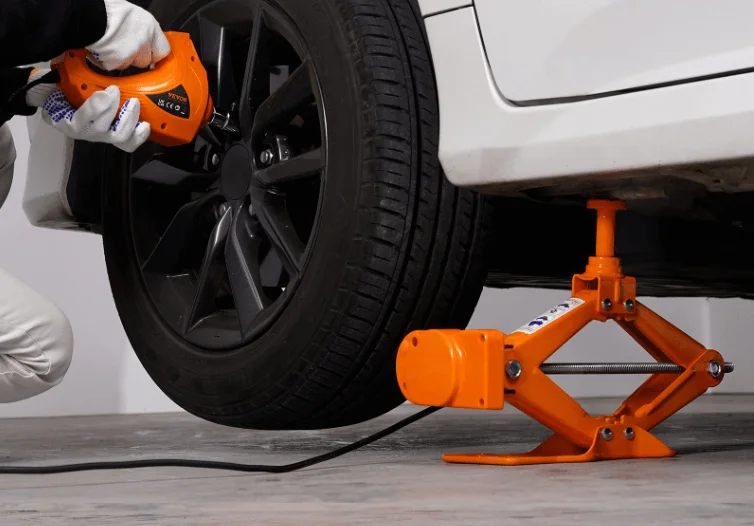
Besides the pride of owning a reliable jack from a leading jack manufacturer, purchasing a scissor or floor jack also means getting top value for your cash. Each product is versatile for various needs, providing strength and stability for seamless towing, whether you own an SUV, truck, or family sedan. VEVOR has carefully crafted each product with relevant security features to help you and your car during DIY repairs or routine checks. Choose a VEVOR jack today for a secure jack design that promises a sturdy connection without breaking the bank.
Practical Tips: Using Scissor Jacks and Floor Jacks Safely
A scissor jack comes with a different design from a floor jack, which is why they have different operating manners. If you’re new to the world of scissor jacks and floor jacks, here’s a step-by-step guide for safe usage.
Operating a Scissor Jack
A scissor jack works mechanically, as we’ve described. To run the jack and lift your vehicle:
- Place the jack beneath the vehicle at a jack point or comfortable spot.
- Insert the rod or place the wrench over the knob.
- Begin cranking to the right to fasten the linkages together when you want to lift a vehicle.
- Crank to the left to keep the linkages apart when to lower the vehicle.
Mastering the Floor Jack
Floor jacks work with a hydraulic system, which makes it easier and quicker to lift vehicles with them. To securely lift your car using a floor jack:
- Set the floor jack under a jacking point. Ensure the hydraulic jack’s saddle aligns with the lifting point.
- Verify that the jack is on a stable or flat surface.
- Slowly pump or crank the jack’s handle until it contacts the designated lifting point.
- As a precaution, Keep an eye on the saddle and lifting point to ensure they stay fixed throughout the exercise.
- Slowly release the pressure when you want to lower the vehicle while ensuring the weight rests on the jack stands.
Avoid rushing the lowering process to ensure your car returns to the ground without any scratches. To make things easier, how about getting a high-quality hydraulic jack from VEVOR with a controlled release valve that ensures your vehicle safely lowers?
Scissor Jack vs. Floor Jack: The Verdict
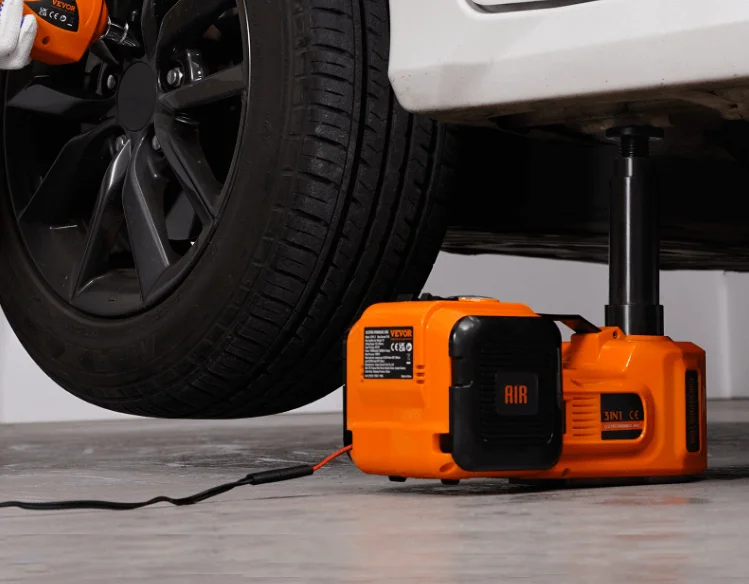
Both scissor jacks and floor jacks are excellent when used on fitting occasions. A scissor jack is lightweight, portable, relatively cheap, and great for emergencies.
Floor jacks, on the other hand, are better suited to heavier vehicles and are more versatile for different industrial or lifting operations. Although they’re a little more expensive than scissor jacks, they’re safer for larger cars and more convenient for frequent usage.
Consider a scissor jack if you’d often run tire changes or similar tasks on lighter cars. Otherwise, a hydraulic floor jack is ideal and needs a more versatile option or heavier equipment.
With VEVOR’s Floor Jack and Scissor Jack options, you never need to worry about seamless vehicle maintenance. Rather than sticking to vintage hydraulic jacks that could turn in any time, including an emergency, how about purchasing a versatile and modern product that cuts the labor while ensuring maximum safety for you and your car?
Remember to stick to all safety precautions and preparatory steps, and you’re ready for unending DIY repair sessions with maximum safety, versatility, and convenience for various lifting operations.
Conclusion
There you go! Whether you want a scissor jack that runs your emergency lift needs or roadside maintenance operations or a floor jack for hoisting heavier vehicles or smaller jalopies frequently, VEVOR has an amazing range of durable, smart, and secure jack options.
Check out VEVOR’s jack collection today and cut the stress, uncertainty, and insecurity from your DIY tasks with any of their excellent jack models.

